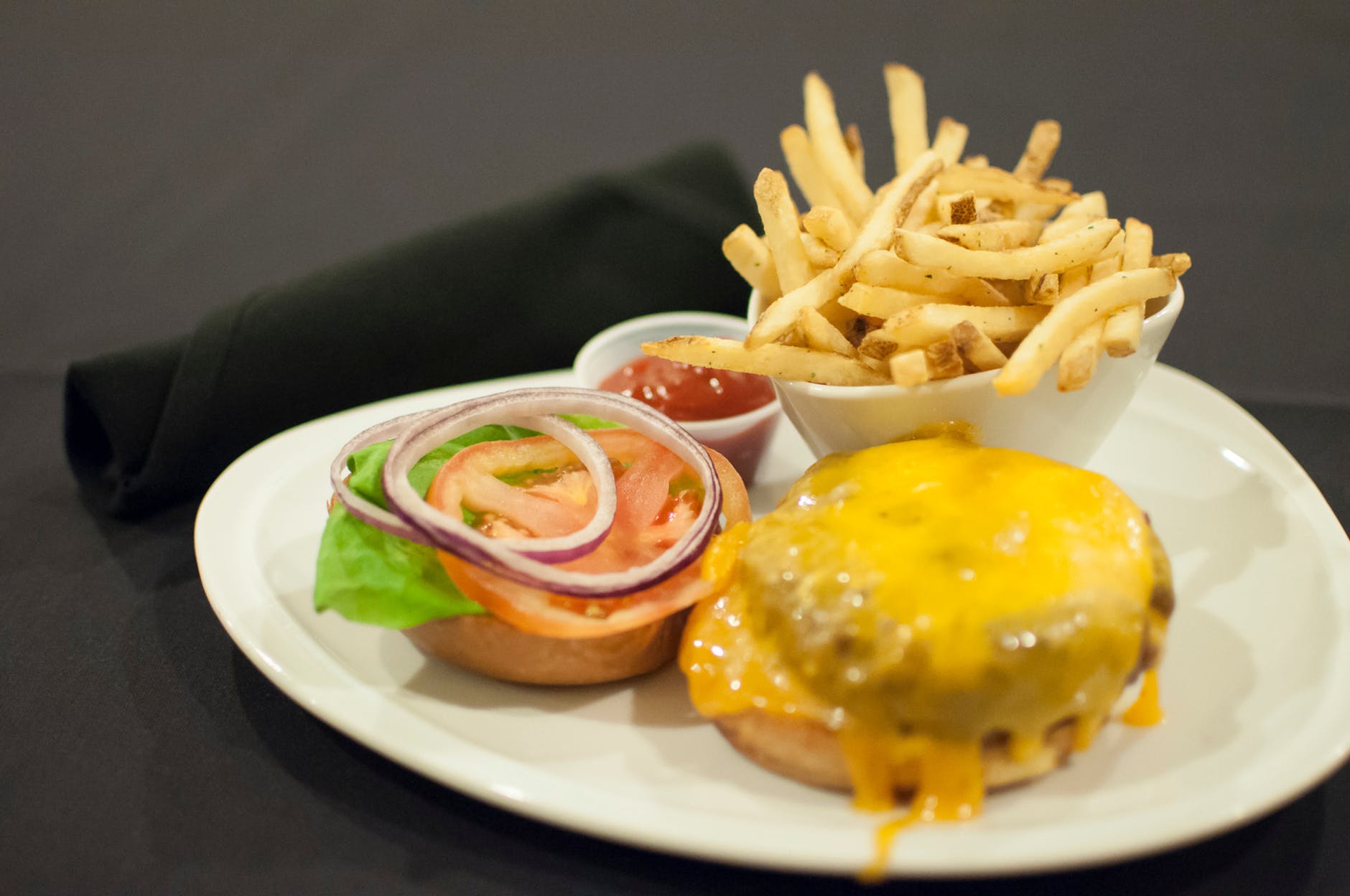Although the vast majority of research on the gut microbiome has focused on bacteria in the large intestine, a new study one of a few to concentrate on microbes in the upper gastrointestinal tract shows how the typical calorie-dense western diet can induce expansion of microbes that promote the digestion and absorption of high-fat foods.
Several studies have shown that these bacteria can multiply within 24 to 48 hours in the small bowel in response to consumption of high-fat foods. The findings from this work suggest that these microbes facilitate production and secretion of digestive enzymes into the small bowel.
Those digestive enzymes break down dietary fat, enabling the rapid absorption of calorie-dense foods. Concurrently, the microbes release bioactive compounds. These compounds stimulate the absorptive cells in the intestine to package and transport fat for absorption. Over time, the steady presence of these microbes can lead to over-nutrition and obesity.
The goals of the study, published April 11, 2018 in the journal Cell Host and Microbe, were to find out if microbes were required for digestion and absorption of fats, to begin to learn which microbes were involved, and to assess the role of diet-induced microbes on the digestion and uptake of fats.
The study involved mice that were germ-free, bred in isolated chambers and harboring no intestinal bacteria, and mice that were "specific pathogen free (SPF).
The germ-free mice, even when fed a high-fat diet, were unable to digest or absorb fatty foods. They did not gain weight. Instead, they had elevated lipid levels in their stool.
SPF mice that received a high-fat diet did gain weight. This diet quickly boosted the abundance of certain microbes in the small intestine, including microbes from the Clostridiaceae and Peptostreptococcaceae families. A member of Clostridiaceae was found to specifically impact fat absorption. The abundance of other bacterial families decreased on a high-fat diet including Bifidobacteriacaea and Bacteriodacaea, which are commonly associated with leanness.
When germ-free mice were subsequently introduced to microbes that contribute to fat digestion, they quickly gained the ability to absorb lipids.
